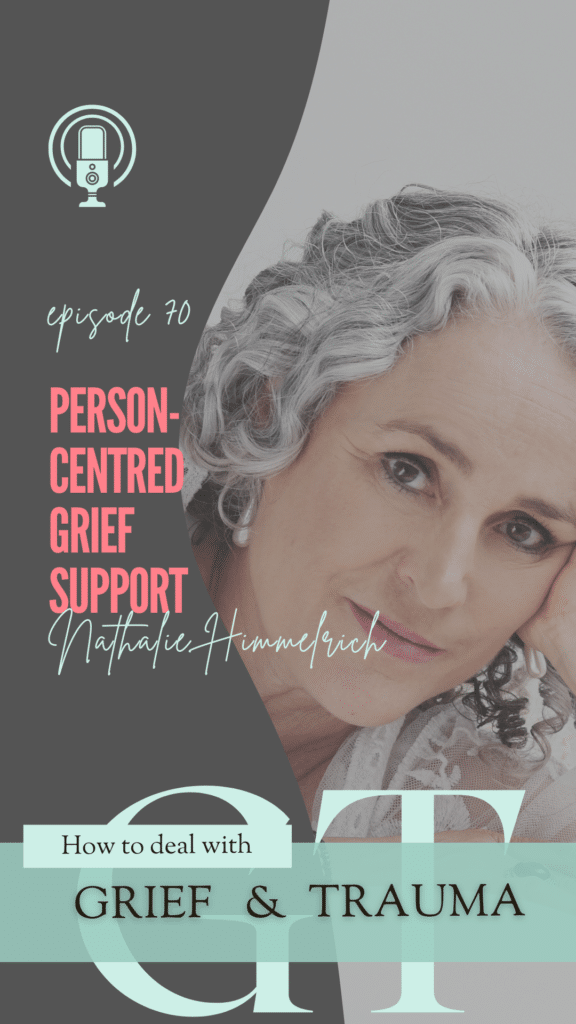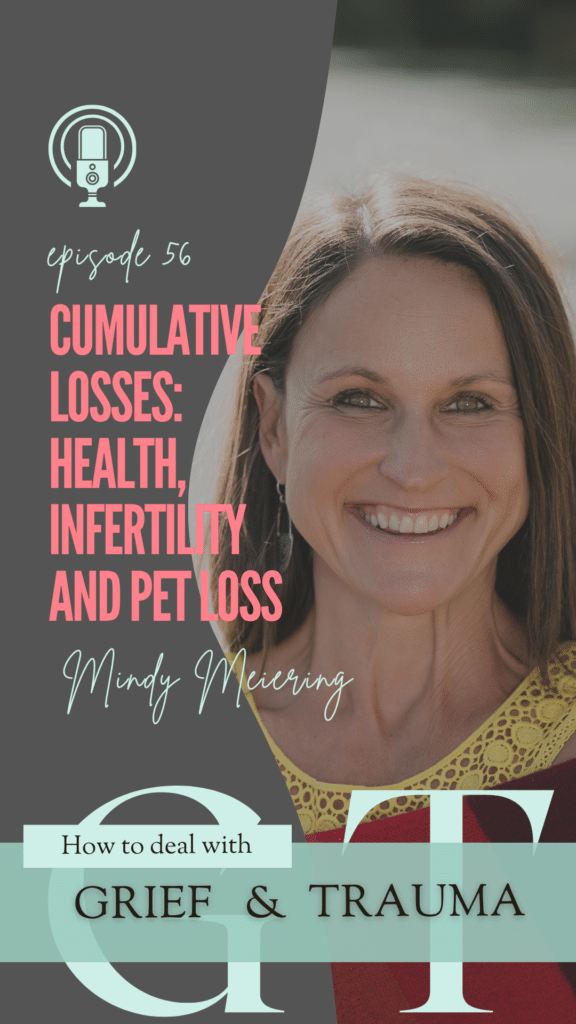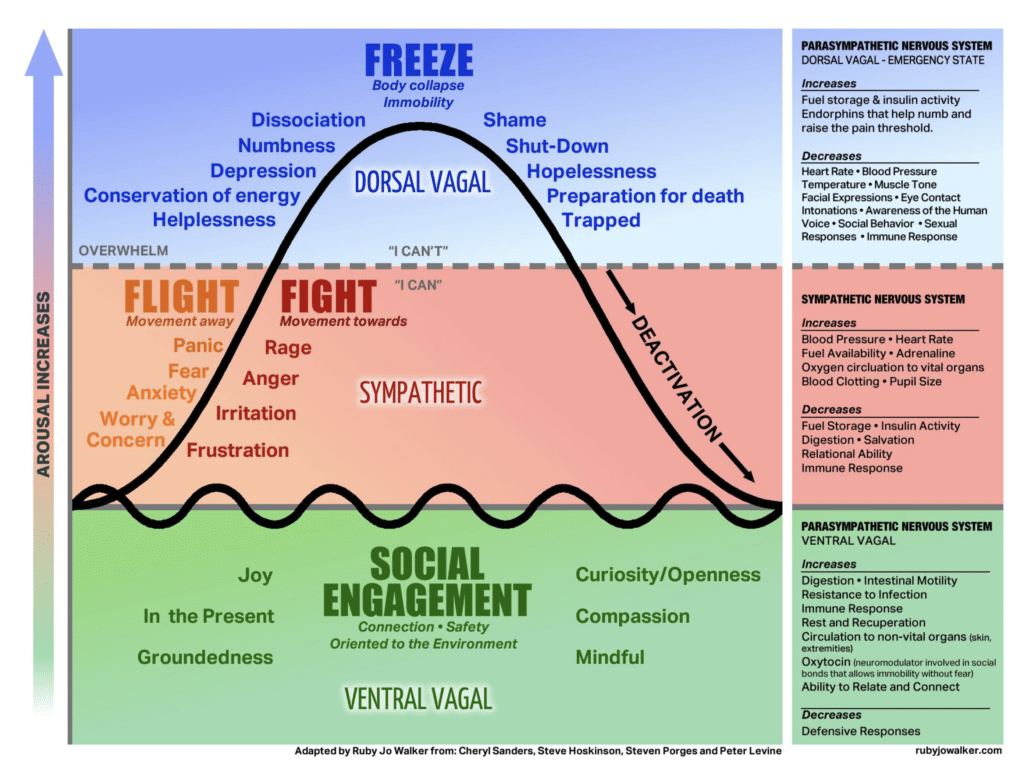HOW TO DEAL WITH GRIEF AND TRAUMA is completely self-funded, produced, and edited by me, Nathalie Himmelrich.
Consider making a small donation to support the Podcast: bit.ly/SupportGTPodcast. Thank you!
For more information, please visit Nathalie’s website, join the podcast’s Instagram page, and subscribe to the newsletter to receive updates on future episodes here.

About this week’s episode
Today’s episode is a profound journey into the world of person-centred grief and trauma support.
To start you off right: I highly recommend downloading the 33-step guide (fill out the form in the sidebar), a simple guide that will teach you to feel supported or give support while grieving. It contains the wisdom collection from my latest book Bridging the Grief Gap. If you want to find out more about it, check it out here on this page on the right side.
Grief and trauma are universal experiences, yet deeply personal. Each journey through them is unique, but one thing remains constant—the need for empathy, understanding, and support. Today, we’ll explore the challenges faced by those navigating these tumultuous waters and the people beside them, offering insights and strategies for meaningful support.
The following topics are being discussed:
- Understanding Grief and Trauma
- The Challenges of Navigating Grief and Trauma
- Supporting Yourself Through Grief and Trauma
- The Challenges for Supporters
- Strategies for Effective Support
Resources mentioned in this episode:
- A simple 33-step guide on giving or feeling supported while grieving.
- Episode overview page
- Resources for grievers
- Resources for supporters
Support the show:
- Become a supporter of the show! Starting at $3/month
- Join Facebook Group – Grief and Trauma Support Network
- Download the FREE grief resource eBook
- Book a Discovery Call
- Leave a review
Follow on socials:




